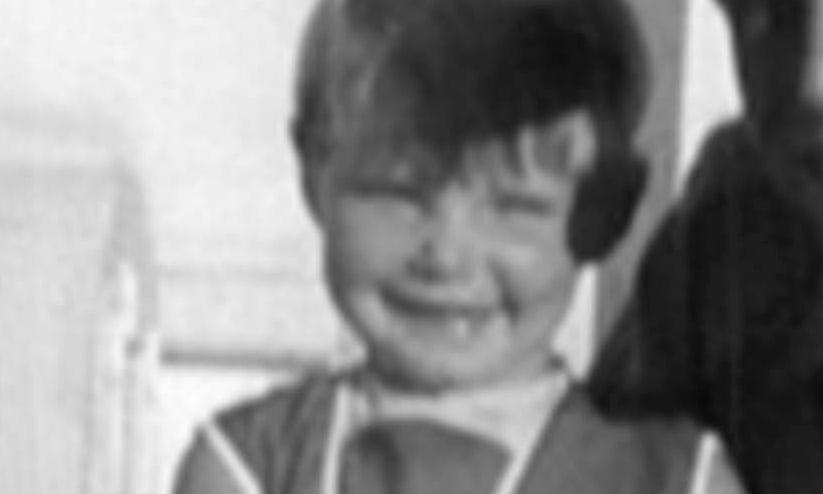Cheryl Grimmer: toddler’s alleged killer walks free as case collapses
The three-year-old vanished from Australian beach in 1970 but case was reopened based on teenager’s confession

A free daily email with the biggest news stories of the day – and the best features from TheWeek.com
You are now subscribed
Your newsletter sign-up was successful
A man accused of murdering a British-born toddler who vanished in Australia in 1970 will not face trial after a judge ruled that his confession was not admissible in court.
Three-year-old Cheryl Grimmer disappeared outside a shower block at Fairy Meadow Beach in the Illawarra region of New South Wales on 12 January 1970, less than two years after her family emigrated from Bristol.
In 1971, a 17-year-old boy told police that he had kidnapped and murdered the young girl. He said he had intended to rape her but panicked and strangled her after she started screaming.
The Week
Escape your echo chamber. Get the facts behind the news, plus analysis from multiple perspectives.

Sign up for The Week's Free Newsletters
From our morning news briefing to a weekly Good News Newsletter, get the best of The Week delivered directly to your inbox.
From our morning news briefing to a weekly Good News Newsletter, get the best of The Week delivered directly to your inbox.
However, authorities decided that they did not have enough evidence to support his confession and he was not charged, The Daily Telegraph reports.
Cheryl’s remains have never been found and both her parents died without knowing what happened to her.
In 2011, Cheryl was officially declared “dead but missing” and the investigation was reopened as a homicide case.
Six years later, the suspect who had previously confessed was arrested in Melbourne and charged with abducting and murdering the child.
A free daily email with the biggest news stories of the day – and the best features from TheWeek.com
The British-born accused - who is now his 60s but cannot be named for legal reasons - pleaded not guilty to the charges and a trial was scheduled for May 2019.
But the Supreme Court of New South Wales this week ruled that the 1971 interview could not be admitted as evidence in any trial, because the then-teenager had not had an adult representative present during his confession.
Justice Robert Allan Hulme said that the suspect had been “vulnerable” when he was interviewed by police. Two psychiatrists testified that the teenager had been found to have a “low average intelligence, was immature, and more vulnerable than the average 17-year-old as a result of his disturbed upbringing, difficult relationship with his parents, history of running away from home, moving countries, low intellect and limited education”, Australia’s ABC News reports.
Hulme added that the Crown “accepts that its case cannot succeed without it”, effectively vetoing the possibility of a trial.
Following the ruling, Cheryl’s 45-year-old brother, Ricki Nash, told reporters that he was “shocked” by the decision.
“Am I angry? I’m past that. Do I want revenge? You betcha,” he said.
“He walked in and gives you a full confession and you let him walk away? The laws were different back then - he’d probably have been tried and convicted - now he hides behind a technicality.”
The Director of Public Prosecutions confirmed that there would be “no further proceedings” in the case.
New South Wales Police said the force “is assessing its legal options following the court’s decision”, adds The Sydney Morning Herald.